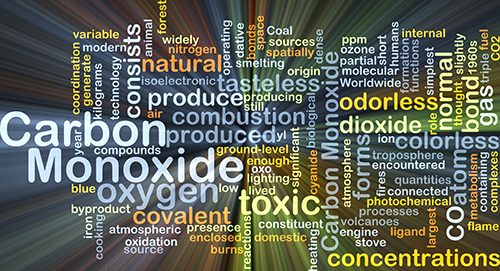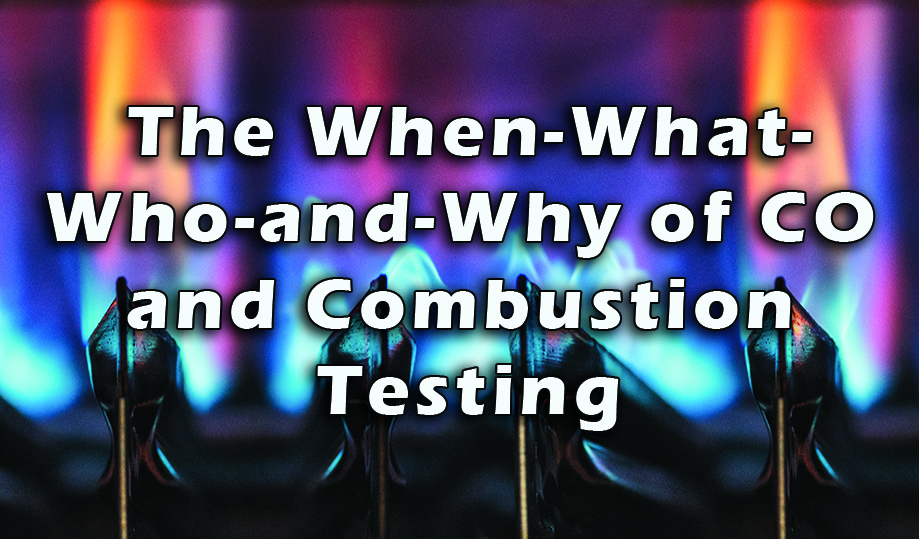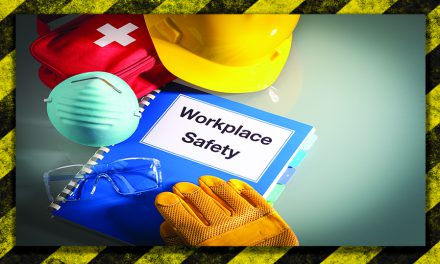How many occupations directly impact consumer health and safety? Those who do are doctors and nurses, the police, fire safety forces, and the military. Usually, these groups respond to a known danger, health, or safety issue.
But when HVAC contractors enter a building, we enter a world of unknowns. If we are not dedicating our efforts to the safety of the occupants, we are not doing our job. I know of nothing more gratifying than saving someone’s life. To do this when it is only convenient or when we have the time seems careless and disappointing.
The “When” of Combustion Testing
Currently, HVAC contractors have access to some of the best test instruments for measuring carbon monoxide and combustion performance for all types of fuel-burning equipment.
We also have better personal monitors to keep us safe in environments that could cause someone to be poisoned by carbon monoxide (CO). So the question is, “when” should these test instruments be used?
For personal safety, you should monitor for CO any time you are concerned for someone’s safety, whether it is your own or a customer’s! Technicians should do combustion testing every time they install or service fuel-burning equipment.

In addition, they should test combustion performance whenever they work in the area with other fuel-burning equipment. This test is to verify that the changes they’ve made don’t affect other equipment. Things change, and things wear out, so it is never safe to assume anything. Just changing an air filter or cleaning an evaporator coil can have adverse effects on the venting of a water heater if there is excessive return duct leakage.
Those who keep up with the news know that many people are exposed to carbon monoxide while at home or on vacation.
The “What” of Combustion Testing
“What” needs to be checked or tested? Just because you were asked to service a furnace, boiler, or water heater, you still need to check the combustion performance of other equipment. If you are walking down a dark street at night do you only check for dangers directly in front of you or do you check for pending danger all around you?
What you check just might be lifesaving. Personal field experience has shown that total awareness of potential hazards is the only way to prevent them.
One of my interesting experiences occurred when we had to find a home for a stray cat. We found a family with a farm who agreed to take him. As a favor, I told the owner I would do a safety check on his equipment. The furnace and water heater checked out just fine. Then we went into the family room that had a wood-burning fireplace in use. That room had a vaulted ceiling, and stairs led up to the children’s bedrooms.
Click Below for the Next Page:













Recent Comments